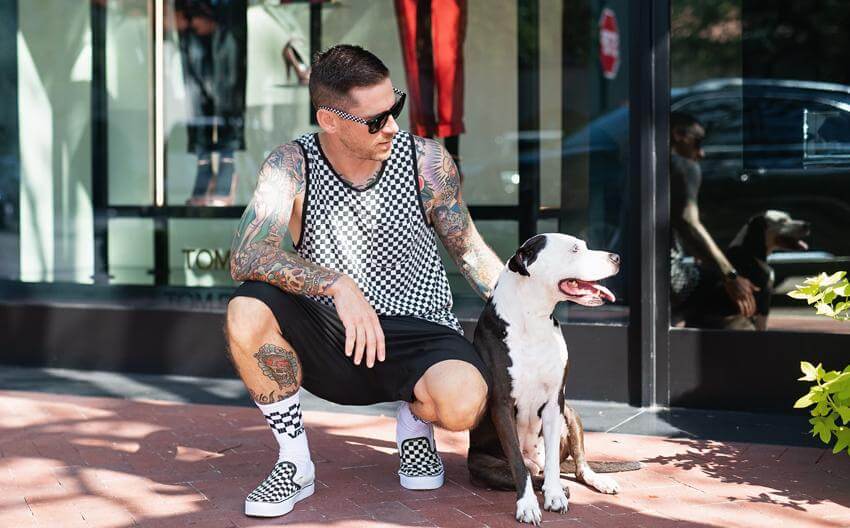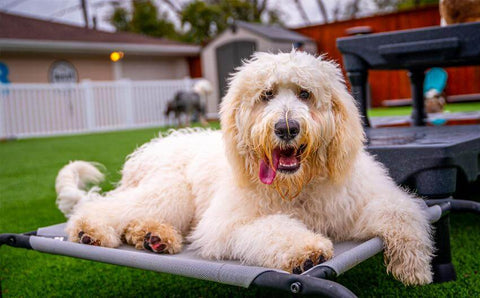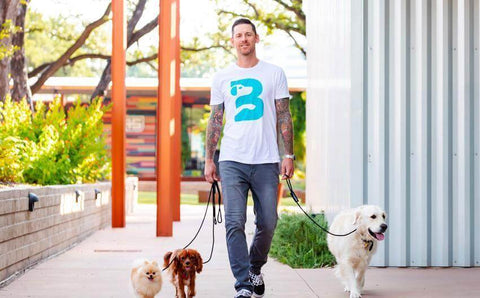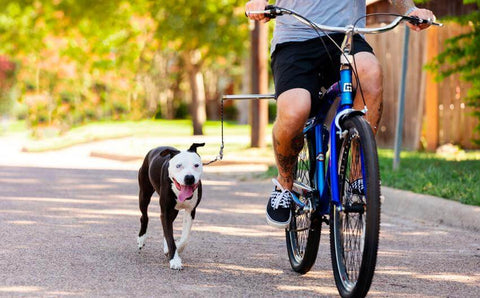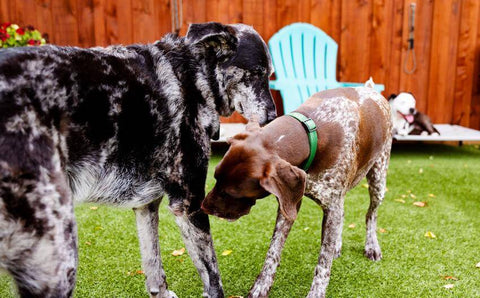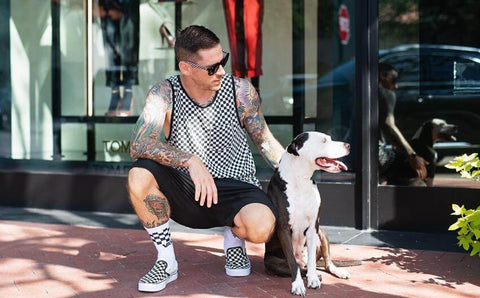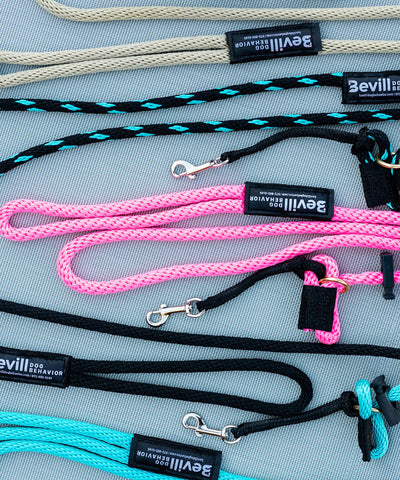Today we’re introducing a concept we call 23:59:59. This will help you understand why your dog acts out and what to do to prevent it.
At BDB we never get calls from clients with perfectly behaved dogs-why would we? A dog who is consistently respectful, doesn’t whine, bark, chew or otherwise act out doesn’t bother their owner-and a human with a well-behaved dog doesn’t need a dog behaviorist. In fact, we rarely get calls from clients until their dog’s behavior has become inconvenient for them. We’re talking about furniture being destroyed, vet bills or doctor visits that need to be paid for and a general sense of frustration, anger, annoyance or embarrassment.
The first thing we want these client’s to know is that just because their dog’s behavior is suddenly inconvenient, doesn’t mean the problem started there. The problem behaviors are typically a symptom of a relationship issue that existed the 23 hours, 59 minutes, and 59 seconds before the infraction. Hence 23:59:59.
It’s not the “thing” the dog does that’s the real issue-it’s everything that happened before and led up to the “thing.” The “thing” is just a symptom. The cause is an imbalance in the human/dog relationship.
We can’t ignore the totality of our relationship with our dog and expect them to be “good.” Relationships don’t work that way. Just as we have certain needs and wants from our dogs, our dogs have needs and wants from us. Unless we fulfill those needs and wants, the natural outcome is a dog who acts out. Our dogs don’t have the luxury of speaking to us. They can’t tell us “hey I’m not getting enough exercise and it’s giving me anxiety” or “I don’t feel safe.” It’s up to us as the leader to make sure ahead of time that our dog is well taken care of. We need to be aware of how we’re living with and raising our dogs, and that’s a full time job. Our dogs never take a break from being dogs so we must be mindful of our relationship with them all day, every day.
I can’t tell you how often we hear something along the lines of:
“My dog is reactive on walks. She barks at every dog, person and car she sees!
She pulls on the leash and makes walks miserable.”
Our response is then:
“Well, what does your dog do the rest of the day? What do they do while you’re
at work?”
Then come the answers, which to a dog behaviorist clearly lay out the cause of the unwanted behaviors:
“Oh, she sits on the back of the couch and sleeps most of the day. She also looks out the window. She protects the house. She barks at the mailman, amazon deliveries, people that walk by etc..”
SO- multiple times a day the dog practices barking at anything that moves outside, then you take the dog outside and expect her not to bark at things? Do you see the problem? How can we expect our dog to do one thing all day long, then stop when it’s inconvenient for us?
How you live with your dog dictates how your dog lives with you. That means if you allow bad behavior sometimes, your dog will practice them whenever they want. If your boundaries are inconsistent, your dog cannot see you as the leader, so they won’t listen to you. You must hold yourself and your dog accountable. This means not allowing our dogs to practice bad behaviors (or states-of-mind that lead to unwanted behaviors). When an unwanted behavior does occur you need to look at the 23 hours, 59 minutes and 59 seconds that led up to it. Where can you be more consistent?
<< Previous Article: What Is A Happy Dog?Next Article: How Do Dogs Communicate? >>

